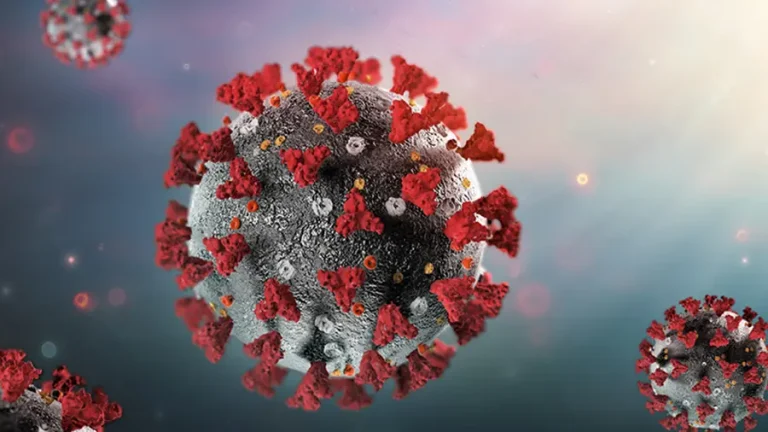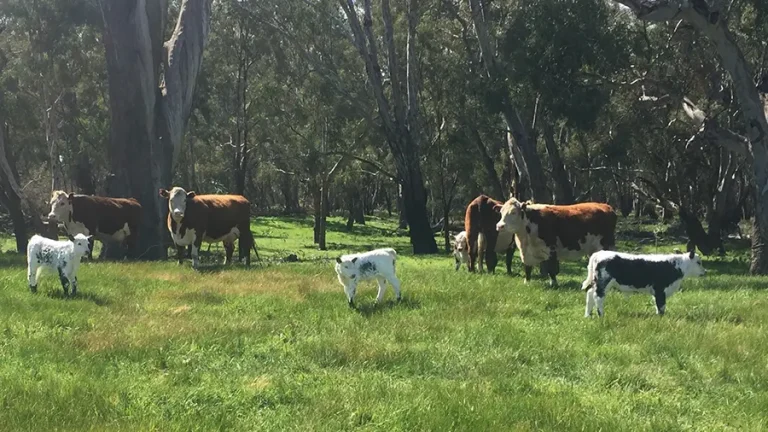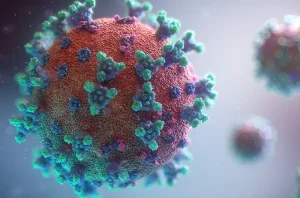Reconnecting with the land through agriculture requires moving beyond zero sum problem solving. Dichotomous approaches that leave the environment degraded for profit or alternatively communities destroyed by “green-tape” are simply not sustainable. Traditional farming techniques draw from diverse sources of knowledge to optimise outcomes for both human and non-human ecology. For example, permaculture and diversity farming practices reduce weeds, pesticide use, water contamination, improve soils, grow native flora and fauna and allow farming and farming related communities to flourish sustainably. Reconnecting farming practices to consumers not only leads to the more ethical treatment of animals, but delivers financial justice to farmers exposed by exploitative market practices. Revolutionary paddock to plate movements have used the digital revolution to revitalise the once threatened small family farm. Consumer health and satisfaction with cleaner organically sourced local foods have been better for animals, farmers and communities.








